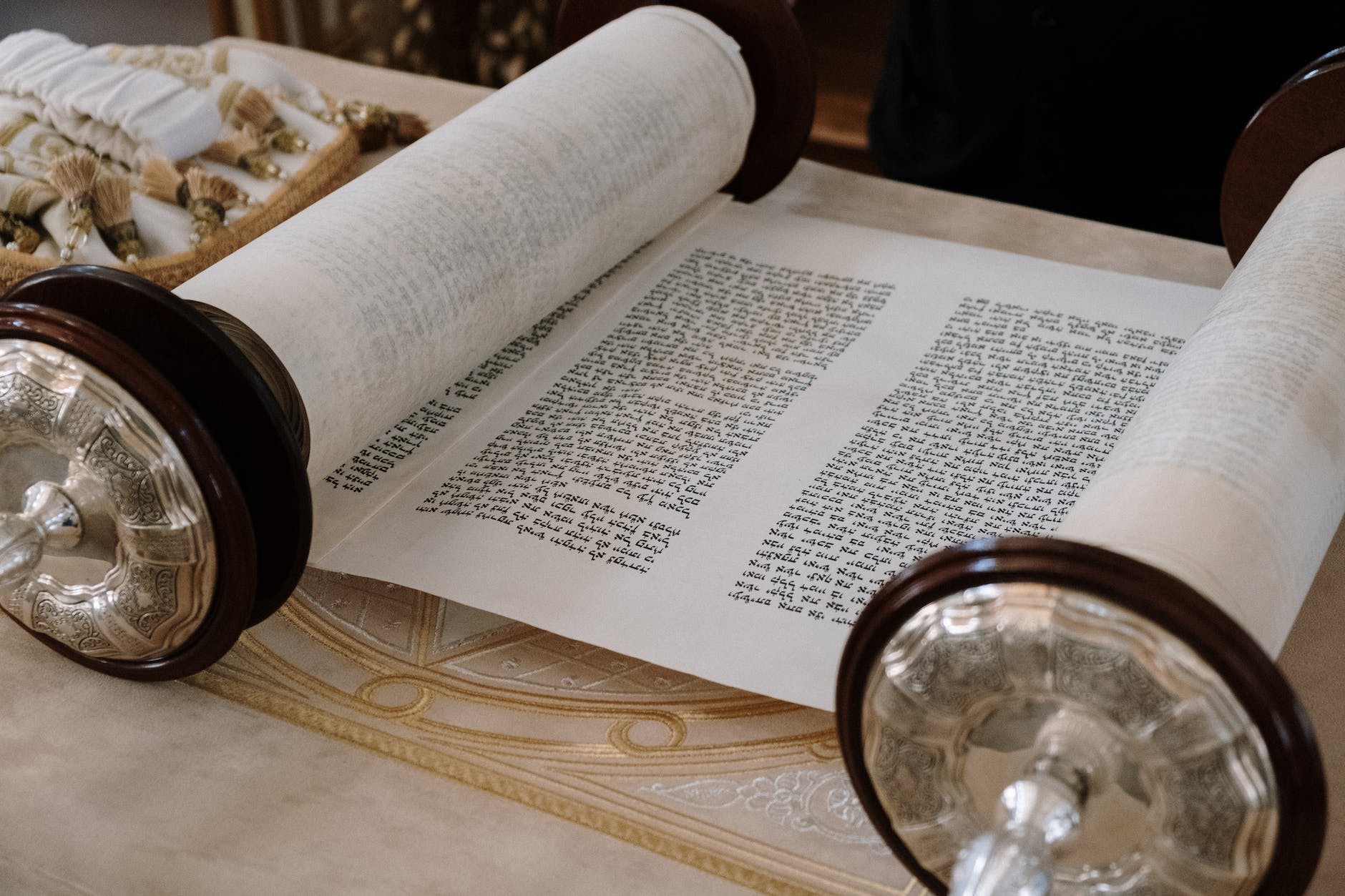It Takes Two to Tango
What’s the value of having two of something? Personally, I like to have backups, but when it comes to Torah matters, a backup is useless – there needs to be a use, an application, otherwise there’s no point. So what’s the value in the king writing two sifrei Torah?
Rashi quotes Chazal that the king needs two sifrei Torah, one for his private treasure, and one to go with him. The second one he would wear on his arm, like tefillin, that he could constantly refer to (and be constantly held accountable by).
It’s clear that every area of Torah needs to have a relevance to our era.
So what relevance can we find here? What is the purpose of the second Sefer Torah in the private treasury?
The Torah refers to Noach as the righteous of his generation. Rashi and other commentators look at this language to determine that if Noach lived in the time of Avraham, that he would not have been viewed as close to righteous. During his generation, he was the highest elevation. His issue was that it was just him – he did not change the culture around him, whereas Avraham actively did.
It seems that this perspective of Noach is not the only one. The Bobover Ruv comments that there’s an opinion held that Noach was considered completely righteous, a tzaddik gamur. The two sifrei Torah allude to two components – public and private. Noach was completely righteous precisely because of his antisocial behavior. Since he lived away from others, we could easily see that in private he served Hashem no differently than in public. This is, according to the Alshich HaKadosh, the definition of a chassid. One who serves G-d as wholeheartedly in private as he does in public.
The pasuk that “you shall fear your G-d” brings one to the notion of yiras shamayim.
Rashi brings that every time we see this phrase, it is hinting toward inner thoughts. Thus, it is that fear connects to the internal, and a fear of heaven is an inner work. This inner work is the private life work we see with the second Sefer Torah. Thus, the king was obligated to keep Torah both in public and in private. True leadership isn’t professing Torah, but living it even when no one is looking.
The king was expected to live Torah at all times, to be above reproach. So too leaders today, especially religious ones like rabbonim, have an expectation assigned to them to be Torahdik in every place at every time. Now here’s the kicker – every yid is a prince, a child of the King of Kings. What’s the application? Since every yid is a prince, and therefore every yid is royalty, every yid has the obligation to be deveikus bashem both in public and in private, which forces one to concurrently live according to community standards as well as be above reproach even in private matters.
Thus, the king writes two sifrei Torah in order to remind ourselves that we have a responsibility to live with a set of higher standards. Our private avodah is worth more than the public show, and yet the public show is still essential to being a temperature gauge of where one is at. Thus, the inner reflects the honesty of the outer.
Noach was the righteous of his generation, as well as being one of the righteous of every generation, because he did not allow anyone or anything to lower his personal private service to HaShem.

